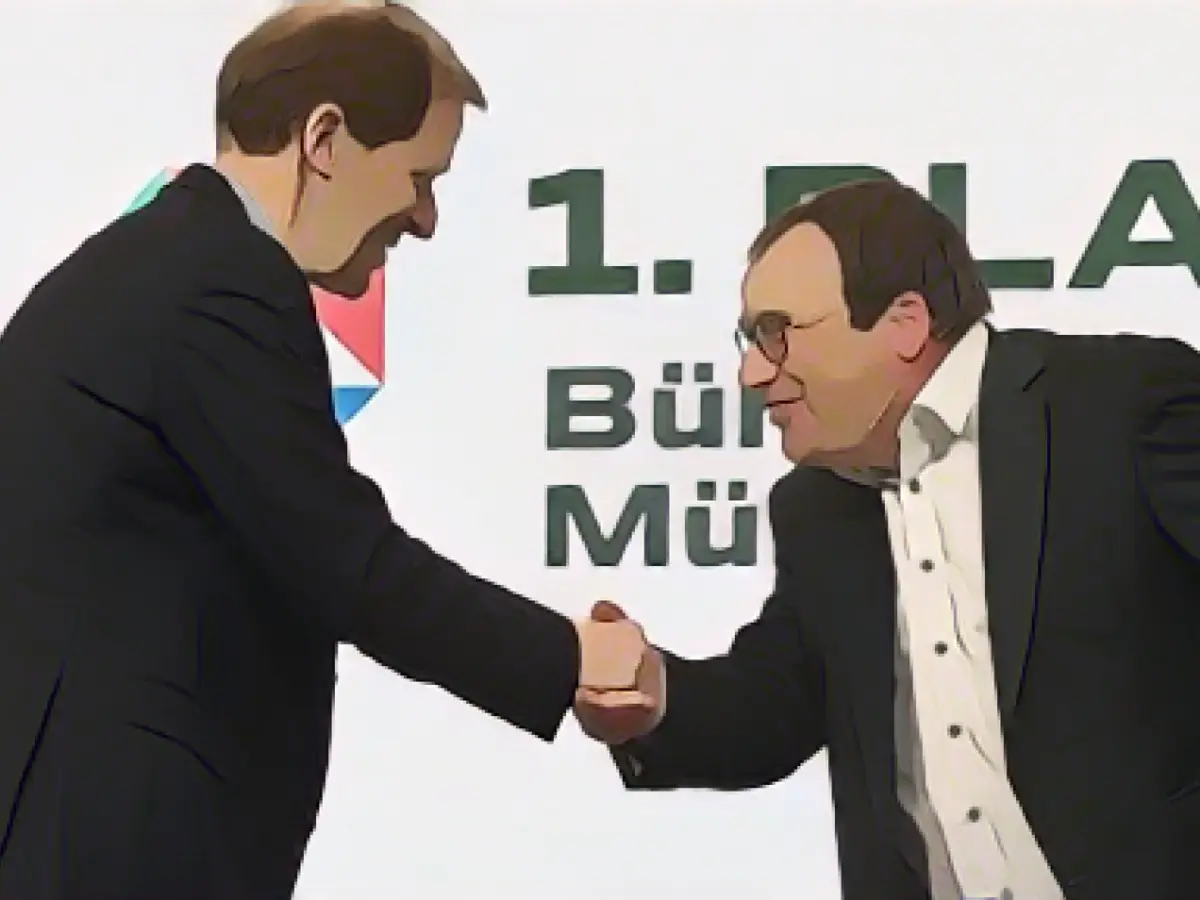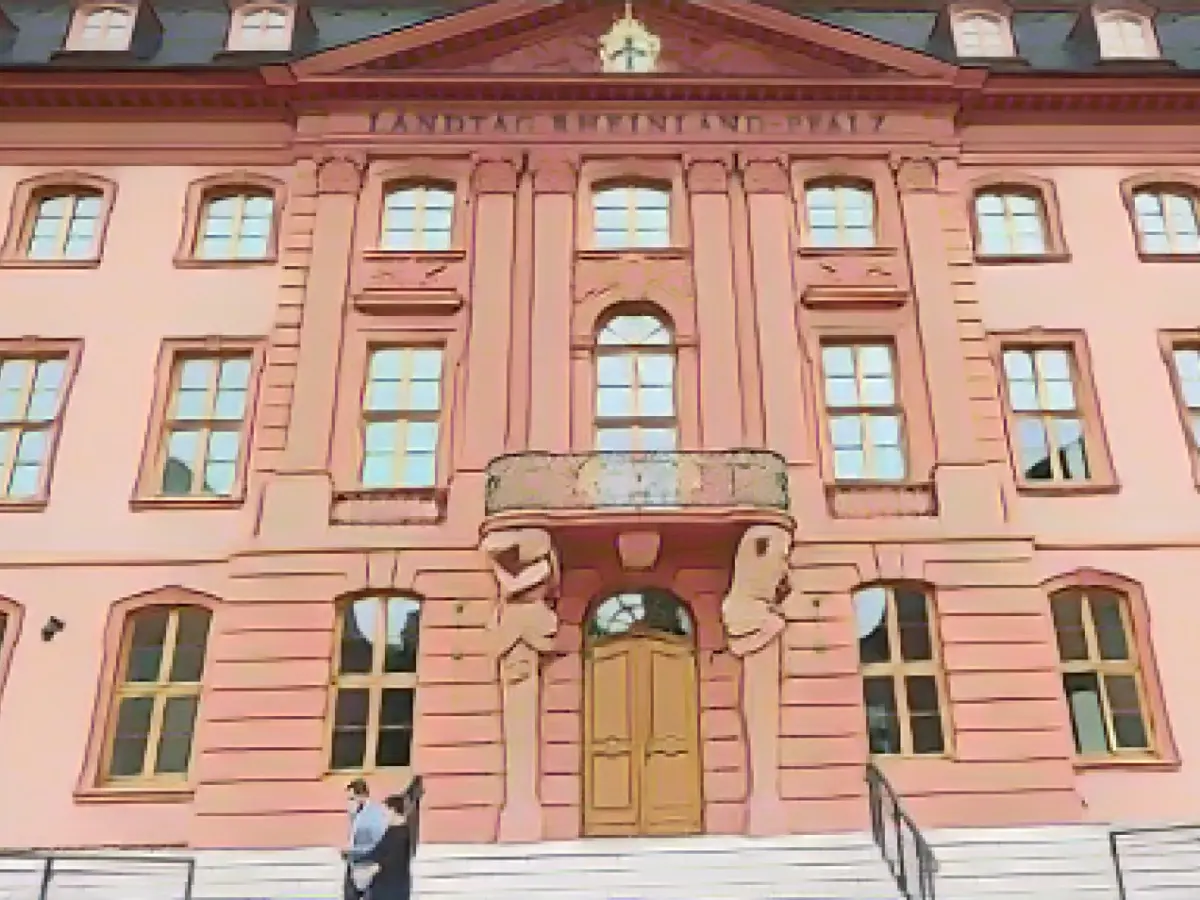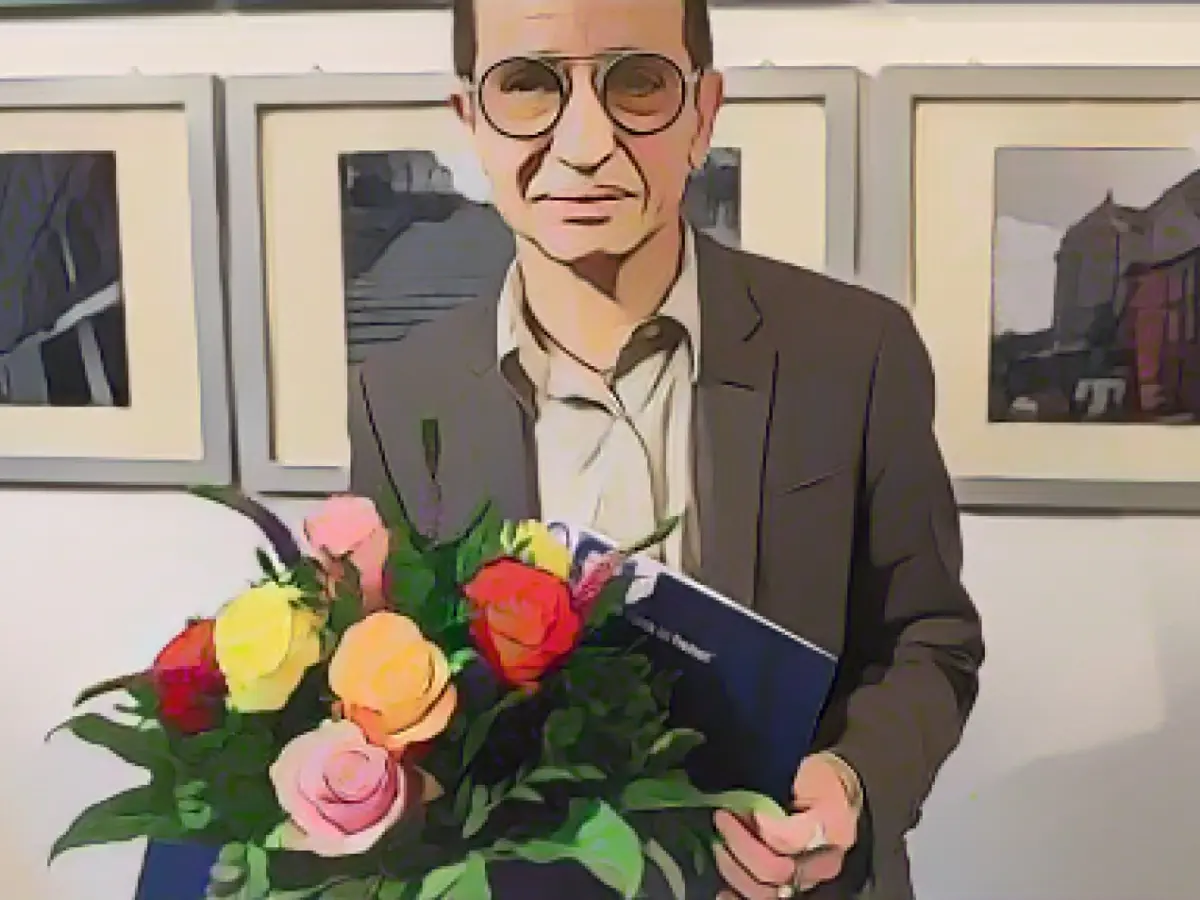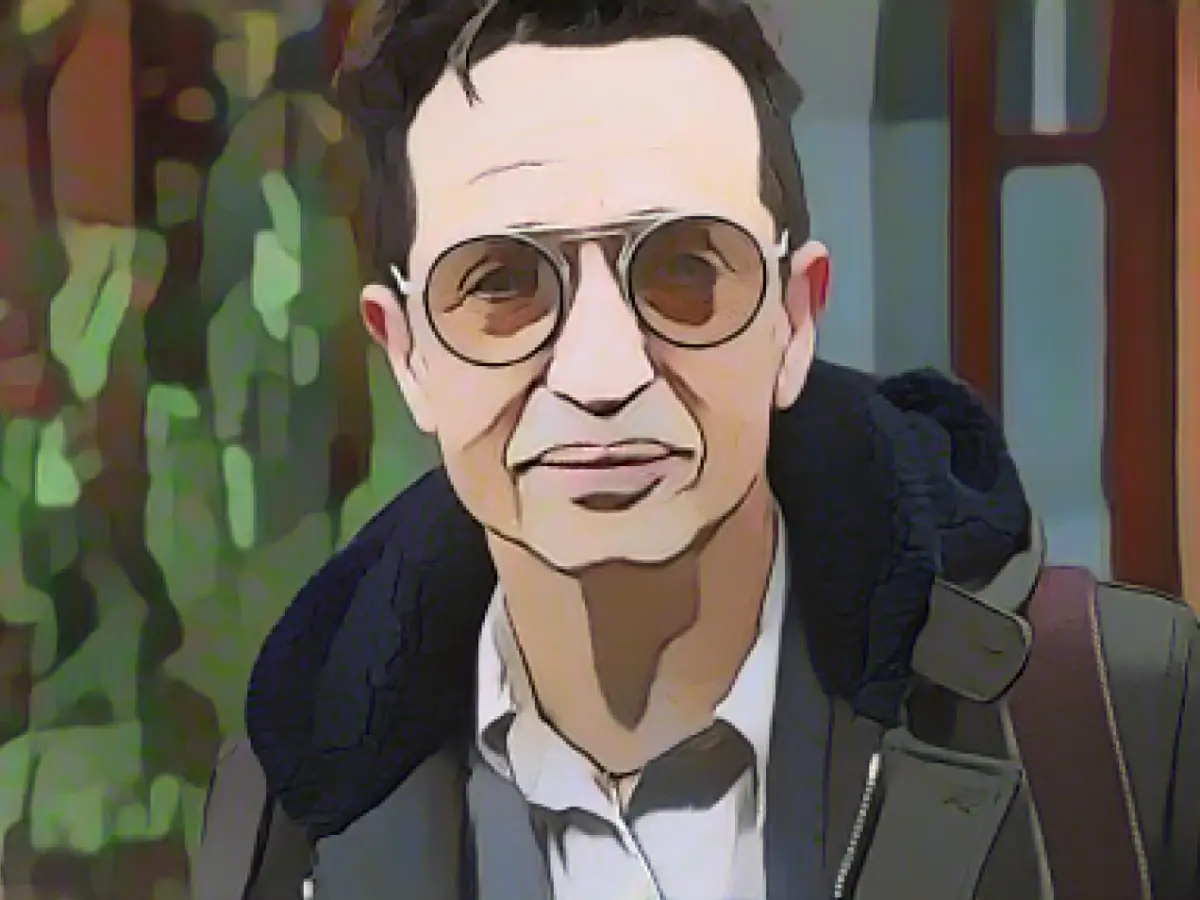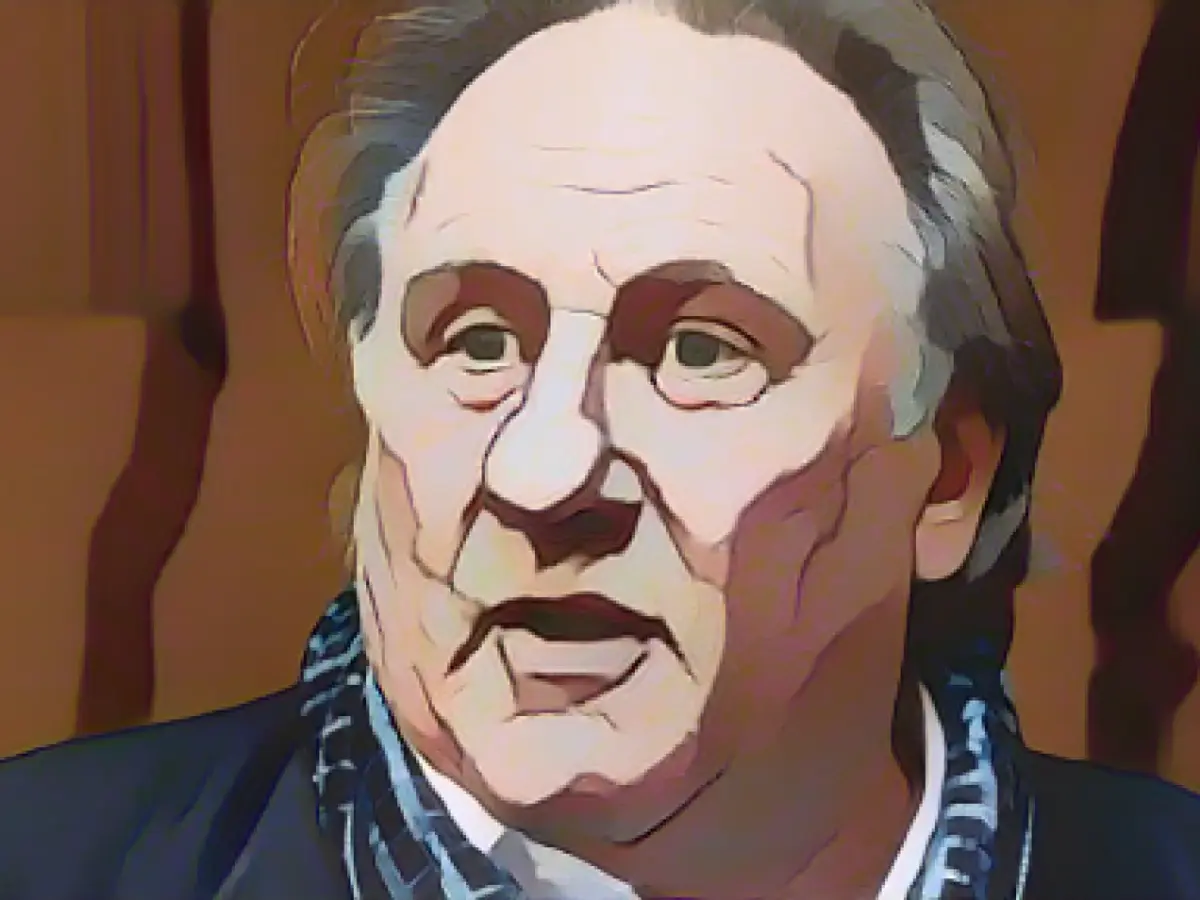Encouraging Embrace of Sustainable Mobility in Rural Regions: Coesfeld Takes Center Stage
Breaking new grounds in sustainable transportation, the district of Coesfeld in Essen recently triumphed over a crowded field of contenders to win the inaugural North Rhine-Westphalia mobility prize. Valued at 15,000 euros, this award recognizes the district's innovative "Mobile Münsterland Citizens' Laboratory" project.
Minister of Transport, Oliver Krischer, commended the project for its forthright approach to addressing transportation challenges in rural areas. The winning project includes a new express bus route, an e-scooter subscription, and on-demand car shuttle service. The engaged citizens of Coesfeld are encouraged to submit further suggestions for improvement.
In addition to Coesfeld's victory, projects from Bottrop and Leverkusen, focusing on harnessing heat from roads and on-demand public transport, respectively, secured second and third place, earning 10,000 and 5,000 euros in prize money, respectively.
Addressing the need for improved mobility solutions, Krischer stressed that restraints on transportation infrastructure impact everybody who travels through North Rhine-Westphalia's railways, highways, and cycle paths. The NRW Mobility Award, Krischer explained, was designed to showcase promising innovations and inspire further imitation.
Further Reading
Project Breakdown
- "Mobile Münsterland Citizens' Laboratory": A trailblazing initiative by Coesfeld, focusing on offering sustainable alternatives to private car use in rural regions, making commuting more accessible for its residents.
- Oliver Krischer's Vision for a Greener Tomorrow: Krischer, the Transport Minister, highlights the imperative of fostering eco-friendly mobility solutions, improving traffic flow, and lowering carbon emissions in North Rhine-Westphalia.
Sustainable Transportation Innovations in Rural Areas
In the pursuit of reducing private car reliance and fostering sustainable transportation in rural regions, a variety of avant-garde solutions are being invested in:
- Demand-Responsive Transportation (DRT): DRT services, e.g., Luxembourg's Bummelbus and Spain's Castlla y Leon's offerings, promote flexible, efficient transportation options in rural communities. Research indicates that DRT can significantly decrease car usage in rural regions, thereby boosting connectivity and accessibility.
- Community-Led Initiatives: Car-sharing platforms and ridesharing services in Northumberland (UK) and Denmark's Nabogo are demonstrating impactful community-driven success. Volunteer driving programs, such as DorfMobil in Germany, are also popular in meeting the transportation needs of elderly and disabled residents, albeit on a small scale.
- Electric Vehicles (EVs) and EV Car Clubs: Initiatives like Open Newtown in Mid Wales house electric vehicle charging points and car clubs, promoting increased adoption of green transportation. The United Kingdom, for instance, has witnessed a significant increase in EV registrations, with EVs accounting for 19.6% of car sales in 2024.
- Solar-Powered Highways: Introducing solar panels on roads can power essential road features, provide energy for electric vehicles, and combat energy waste. This renewable energy technology contributes to smart agriculture and supports rural economies.
- Community Transport and Paratransit Services: Dial-a-Ride and other similar on-demand, door-to-door services cater to the transportation requirements of individuals with limited access to traditional public transit options. These services are instrumental in enhancing mobility in rural areas.
A comprehensive approach, integrating various sustainable transportation modes, is critical to create more efficient, inclusive, and eco-friendly transport systems in rural locations. Renew Wales, low-carbon transport schemes, and communal engagement remain of paramount importance to promote green transportation and ensure carbon emissions are reduced.
Sources
- [1] World Energy Council. (2019). Innovating sustainable mobility in rural areas.
- [2] Agyapong, R., & Connor, J. (2011). Real-time demand responsive transport and car-pooling: model and simulation in Brighton, UK. Transportation Research Part A: Policy and Practice, 48(8), 877-891.
- [3] Department for Transport. (2022). Ultra-low emissions vehicle (ULEV) and zero emission vehicle (ZEV) statistics.
- [4] Vattenfall. (2021). World's first solar highway in Sweden.
- [5] Renew Wales. (2023). Benefits of low-carbon transport.
